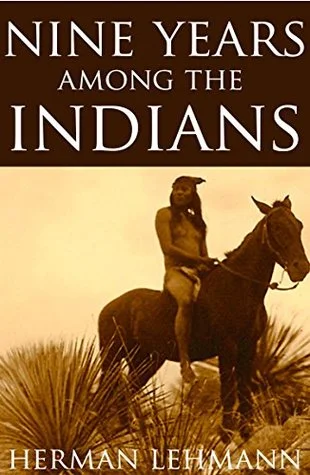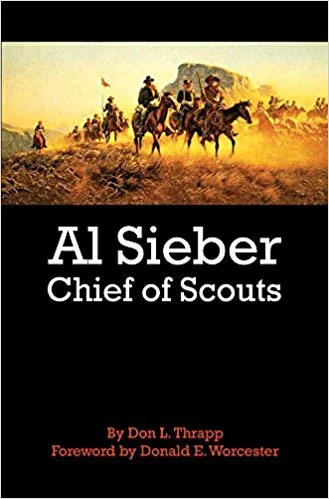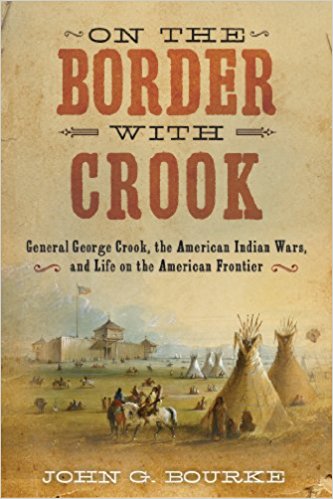More first hand accounts of life among the Apaches
My Life by Geronimo, Nine Years Among the Indians by Hermann Lehman and My Life by Tom Horn
The first two books give further insights into the Apache lifeway. Geronimo's autobiography has been used as a source by many Anglo writers on the Apache, and has had its weaknesses pointed out by most, to wit: inaccuracies in chronology, some confusion of names, places and events, etc. I'd give him the benefit of the doubt myself; given that he dictated it (through Asa Daklugie) to S.M. Barrett in 1902, when he was 80 years old. Probably the most valuable part of the book is Geronimo's description of Apache religious beliefs, ceremonies and traditional stories. His opinions of Crook and Miles are also interesting: not surprisingly, he didn't like either one and considered himself and his people to have be betrayed by both when it came to honoring the terms of their surrender. Of course Crook would have said the same about him...and it can be argued that if Geronimo had turned himself and his band in as promised to Crook at their meeting at Canon de los Embudos, perhaps the Chiricahua would not have spent their long years as prisoners war in exile.
Lehman's book is fascinating in that it lays bare the desperate nature of life on the frontier for Indians, whites and Mexicans in the 1870s. Raids, kidnappings and murders were the order of the day. Even within the band of Apaches he was attached to, it was survival of the fittest on a daily basis, with little or no quarter given to its own members and certainly none to opponents. Lehman abandoned the Apaches, fleeing for his life in the wake of personal rivalries and factional strife that made him the target for a revenge killing. After months of solitary wandering in the wilderness he, like the overwhelming majority of humans, longed for the company of his own species and fell in with a band of Comanches, and was accepted as one of their own. He witnessed more rapine, murder and mayhem; and got to know famous chief Quanah Parker. Though he was later reunited with his family, he ultimately chose to live out his life in the Indian Territories closer to his adopted people (see my review of Tribe by Sebastien Junger).
It's hard to know whether to classify Tom Horn's book as fiction or autobiography. His rip-snorting, and often humorous, tale of his rise from Arizona mule packer to scout, second only to Al Seiber, with Crook's army is an entertaining read but, in terms of his role in the events related, flies in face of the facts as triangulated by any and all other witnesses. Irregardless of that, many of the details of place, people and circumstances are quite good, suggesting that, if he wasn't present, he knew people who were. This includes his descriptions of some of the key players in the Apache wars like Seiber himself, Mickey Free, Nana, and Geronimo.
Horn wrote the book while on trial for murder in a Wyoming cattle war, where he'd been a hired gun. He was ultimately convicted and hanged. The book makes an entertaining read, if for no other reason than it was written by such a controversial character in very interesting times.


